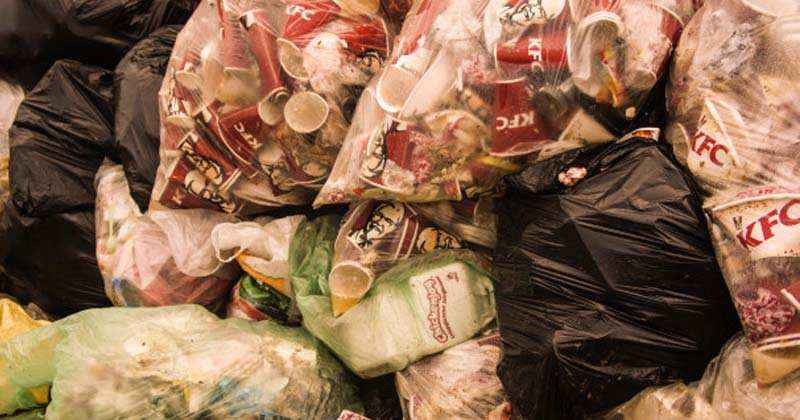25 Jul Zero Food Waste Act: Excess Food From Restaurants Must be Donated to Charities for Distribution
On Sunday, July 24, a bill has been filed by Senator Benigno “Bam” Aquino IV that aims to reduce the restaurant food wastes from being garbaged, intending it to be donated to food banks and be distributed to the poor.
It is the Senate Bill No. 357, or the Zero Food Waste Act, that aims to “ultimately end the cycle of having food end up in the trash instead of stomachs.”
Restaurants are required to donate their excess food to the designated charities and food banks. These food banks will then verify the food’s fitness to be eaten. Lastly, it will then be distributed to the poor for consumption.
The bill does not only prevent food waste in the Philippines but also to improve the food security in the country as well.
Senator Aquino said, “Sa taas ng presyo ng bilihin at presyo ng pagkain ngayon, hindi makatarungan na maraming nasasayang na pagkain.”
In the Philippines, a family of 5 needs to have a daily budget of P439 to have a decent food for their family according to a study conducted by Pinggang Pinoy of the Food and Nutrition Research Institute (FNRI).
Food security is achieved “when all people, at all times, have physical and economic access to sufficient, safe, and nutritious food that meets their dietary needs and food preferences for an active and healthy life,” according to the Food and Agriculture Organization (FAO).
When it comes to food security, the Philippines ranked 72nd among 109 countries that have been rated in the 2015 Global Food Security Index (GFSI).
The Department of Social Welfare and Development (DSWD) will set guidelines regarding the collection, storage, and distribution of edible food donated by businesses to food banks. They will act as the middle man between the restaurants and the food banks.
Yet, the restaurants themselves will shoulder the costs of sending the food to food banks’ warehouses or point of distribution.
A penalty will be given to the restaurant that fails to turn over the wastes and if they will be unable to secure the quality of the food that has to be donated.
According to Senator Aquino, the Zero Food Waste Act will “push private individuals and their local governments to participate in a segregation campaign to have food waste readily available for recycling into fertilizer or compost.”



No Comments